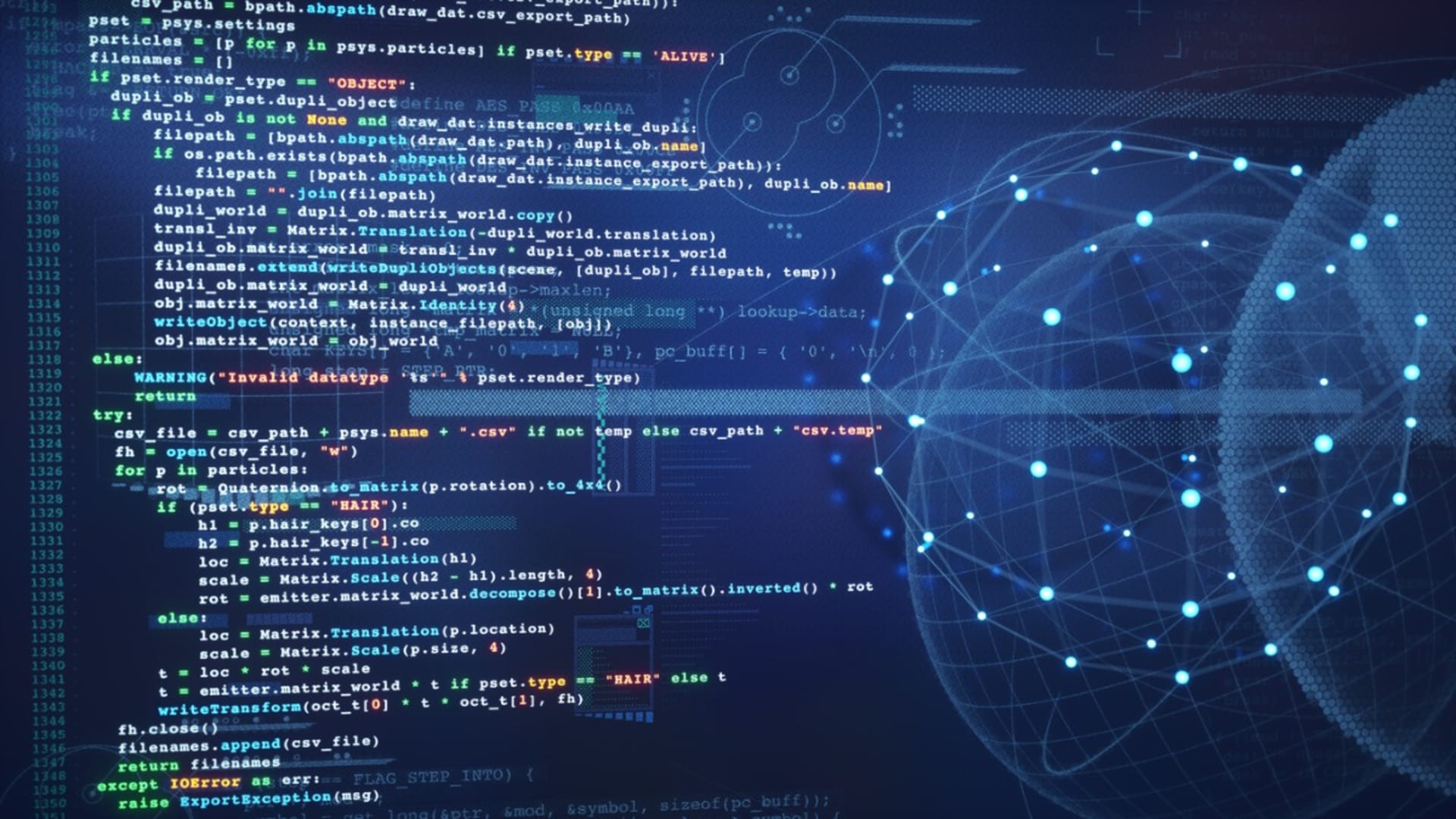79tka Insights
Your go-to source for the latest news and information.
Code Crunch: Turning Coffee into Software
Fuel your coding journey with Code Crunch! Discover tips, tricks, and brews that turn coffee into innovative software solutions.
The Art of Brewing Code: How Coffee Fuels Software Development
The Art of Brewing Code is a captivating concept that intertwines the worlds of coffee brewing and software development. The ritual of crafting the perfect cup of coffee is often compared to the meticulous process of writing code. Just as a barista chooses the right beans, grind size, and brewing technique to extract flavor, a developer selects the appropriate programming language, frameworks, and algorithms to achieve functional and efficient software. This synergy fosters an environment where creativity blooms; the aroma of freshly brewed coffee stimulates the mind, enabling developers to think critically and solve complex problems.
Moreover, the coffee culture has become a cornerstone of the tech industry, with many developers swearing by their daily dose of caffeine to bolster productivity and enhance focus. Quotes from seasoned coders often emphasize the balance between caffeine intake and concentration, showcasing how a well-timed coffee break can lead to breakthroughs in coding. In this combination of coffee and code, innovation thrives and teamwork flourishes. The café atmosphere, filled with the sounds of coffee machines and spirited discussions, becomes a breeding ground for collaboration and creativity, further proving that coffee truly fuels software development.

Java vs. Java: Unpacking Coffee and Coding Culture
Java is a term that often stirs excitement in two very different communities: the coffee enthusiasts and the programming aficionados. On one side, you have the rich, aromatic world of coffee, where Java refers to the Indonesian island famous for its premium coffee beans. This island has become synonymous with quality brews that tickle the taste buds of coffee lovers around the globe. On the other side lies the realm of coding, where Java is a widely-used programming language known for its versatility and efficiency. Both cultures, although seemingly unrelated, embody a passion for quality and innovation that resonates with their respective audiences.
When we explore the Java coding culture, we find that it’s built around principles of write once, run anywhere, allowing developers to create applications that are portable and efficient. This reflects a similar dedication to tradition and quality found in the Java coffee experience, where craft roasters often adhere to centuries-old techniques. Moreover, just as a skilled barista knows the perfect brew time and temperature, experienced programmers understand the nuances of algorithms and design patterns. Both realms celebrate the art of mastery and the pursuit of excellence, making the connection between the two even more fascinating.
How Caffeine Impacts Coding Productivity: Myth or Reality?
Caffeine is often hailed as a productivity booster, especially within the tech community where long hours of coding are the norm. Many programmers turn to their morning cup of coffee or energy drinks, believing that caffeine enhances focus, quickens mental processing, and extends coding stamina. Yet, while studies suggest that caffeine can indeed improve alertness and concentration, the extent of its impact on coding productivity remains debated. Some argue that excessive intake leads to jitters, anxiety, and eventual burnout, which counteracts any initial productivity gains. So, is caffeine a reliable ally, or just a convenient myth in the world of coding?
To understand how caffeine truly affects coding productivity, it’s crucial to recognize the role that individual tolerance plays. Some coders may experience significant improvements in their performance with moderate consumption, while others might find that even a small amount disrupts their focus. Additionally, the timing of caffeine consumption can also influence its effectiveness. For instance, consuming caffeine too late in the day can hinder sleep, thus affecting overall cognitive function and productivity the following day. Therefore, rather than accepting caffeine’s impact on productivity as a universal truth, it’s essential for each coder to experiment and find their optimal balance.